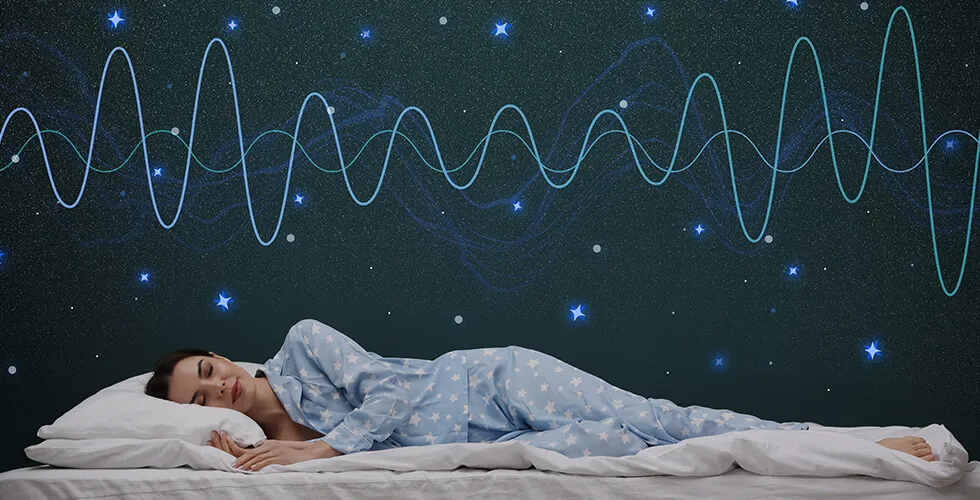
Some people recall dreams vividly, while others wake up with no memory of them. A study from the IMT School for Advanced Studies Lucca suggests that dream recall is influenced by personality traits, sleep patterns, and even seasonal changes.
People who frequently remember dreams tend to have a strong interest in them and a natural tendency for mind-wandering. These individuals often daydream, have creative thinking patterns, and engage in introspection, which may enhance dream recall.
Age also plays a role. Young people remember dreams more frequently than older adults, who often report experiencing “white dreams,” where they sense having dreamt but can’t recall details. This could be linked to age-related changes in memory and brain function during sleep. Sleep patterns matter as well. Those who spend more time in light sleep stages are more likely to wake up with dream memories, as lighter sleep makes recall easier.
Even the seasons affect dream recall, with more people remembering dreams in spring than in winter. Researchers suggest that environmental factors like light exposure and circadian rhythms may influence this variability.
These findings show that dream recall isn’t random but shaped by cognitive and physiological factors. Understanding these mechanisms could provide deeper insights into the connection between dreaming, consciousness, and mental health.

